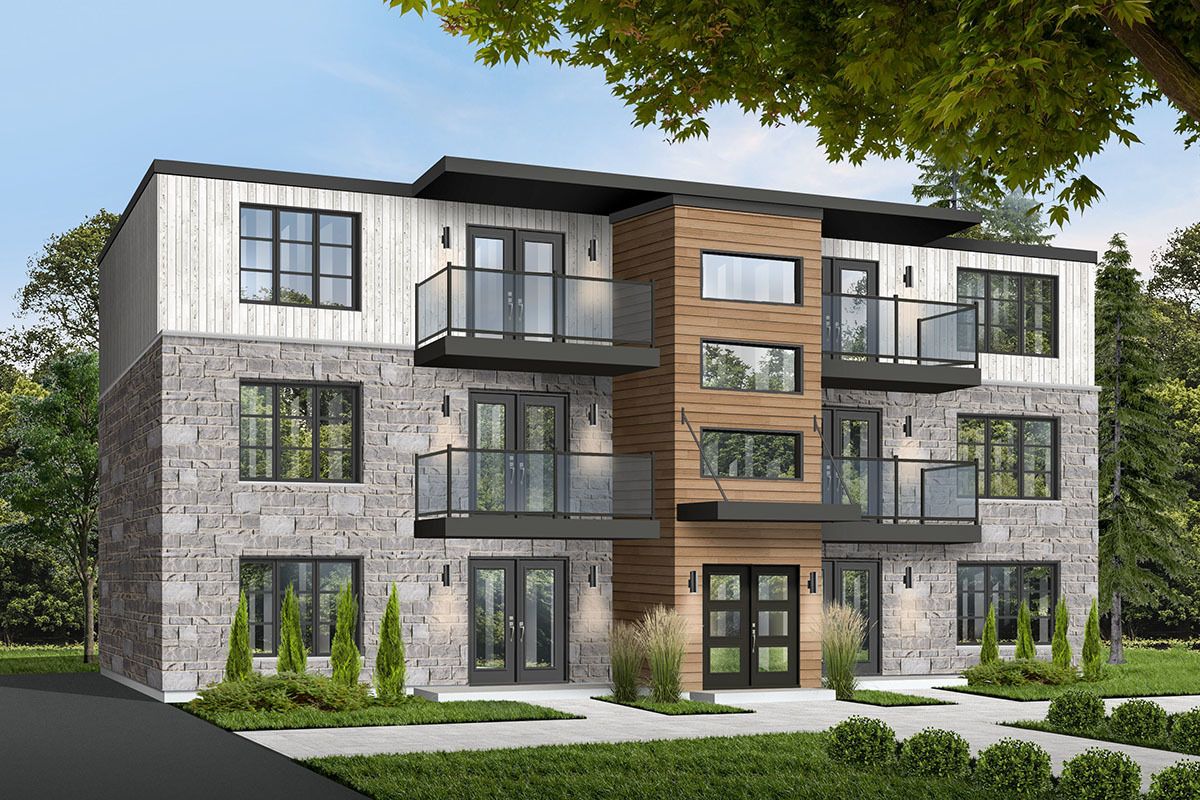
- July 16, 2021
- Effective Building
- 0
Noise and vibrations coming from your neighbourhoods can be a problem, especially during your peaceful time. If these are causing you stress, here are some ways you can do to solve the issue.
3 Types of Noise and Vibrations in a Strata Property:
1. Flooring
One of the greatest sources of complaint in strata properties is noise and vibrations coming from the hard floor. Poorly installed and noise-insulated flooring may mean that neighbors can hear every footstep you make downstairs.
2. Neighbourly Noise
Noise is generated from the usual living activities, such as TV, music, air conditioning, extra loud talking or music, pets, or late-night parties.
3. Building Work
Noise is generated from building works inside a unit, such as a kitchen renovation.
Effective Building & Consultancy has summed up tips on dealing with noise and vibrations in a strata property.
If a strata property owner is renting out the property to noisy tenants and communication from their agents didn’t help, the next thing is to approach the landlord or owner for assistance in mediating matters with the tenants.
You can also check their tenancy agreement. Ideally, the tenancy agreement should list all the guidelines and responsibilities for tenants. Moreover, the owners are also required to provide a copy of the by-laws to the tenants within two weeks of moving. This way, they will be aware of the do’s and don’ts while living in the strata property.
You can also ask help from the strata manager or committee to send formal letters to communicate the concern to the owners in writing and recording the instances of the noise and vibrations occurrences as evidence.
If the tenants are consistently disobeying the by-laws, the committee can issue the owners or landlords with a notice and contravention notices.
How to React to the Threatening of Noisy Neighbours in Your Strata Unit?
If peaceful talks with your neighbour didn’t help, you need to bring this up with the council or the local police who mediates noise regulations. We at Effective Building & Consultancy recommend keeping a log of the times and dates when the noise and vibrations occur and reporting this to the authorities.
If you receive threats by the noise, you should immediately report it to the local police at 02 9265 6499. Noise abatement orders can be issued, and fines are imposed if proven.
How to Respond to a Noise Complaint in Strata?
If it’s your first time to experience a noise complaint from your home, the first step is to discuss the problem with your neighbour. That noise also served as a warning to you to reduce or stop the noise. On the other hand, if you believe it’s just an unreasonable complaint, talk to your strata manager or committee member.
Four Ways on Dealing with Dealing with Complaints on Noise and Vibrations in Strata Property
We recommend talking to your neighbour first to resolve the conflict. However, if this fails, then that’s the time you should approach your committee to act.
But if this is just a temporary or unreasonable noise, such as noise emitting from a party, here are some authorities that could assist you.
1. Adjudication
If you fail on all those steps, then a noise abatement order can be applied for from NSW Civil and Administrative Tribunal. If breaches of the order continue, fines can be imposed. If the problem continues and a second breach occurred within a year, the strata committee will require your neighbour to pay a fine to the Owners Corporation.
2. Make a Noise Complaint to the Police
If loud noise usually occurs at night, you can call the police to issue a Noise Abatement Direction if proven that noise is offensive and obtrusive. Once issued, the Noise Abatement Direction must be followed immediately and should obey the direction for the next 28 days.
3. Make a Noise Complaint through The Environmental Protection Authority (EPA)
The Environment Protection Act 1970 makes unreasonable noise from any residential premises an offense. The noise is considered excessive depending on the volume, duration, intensity, time, day, place, and other factors.
The EPA is partnered with local government, Police and Roads, and Maritime Services to implement noise control regulations. You can also report neighbourhood noise issues to Sydney’s EPA office.
4. Make a Noise Complaint to the Local Council
Local councils can also act under the Public Health and Wellbeing Act 2008 nuisance provisions. Councils are authorised to investigate noise nuisances. Under the Protection of the Environment Operations Act, councils can serve prevention notices on residents and business people requiring them to control offensive noise.
How Can Effective Building & Consultancy Help You with Issues on Noise and Vibrations?
As a resident, it’s your responsibility to send written correspondence to strata and have the issues look at them. Some noise and vibrations are related structural issues that need to be addressed immediately to prevent the high-rise strata building from collapsing.
If you’d like to find out more about dealing with noise and vibrations on your strata property, consult with our professional building inspector, Elie Farah, at 02 9613 3353.
As a part of building consultation and inspection, we also do noise and vibration testing to provide a high-quality approach and advise the best recommendations for the strata unit’s acoustic requirements.
For more information about our building inspection services, visit our Help Centre.
Suppose you are planning to work on multi-story units. In that case, you may find yourself wondering if you should Read more
Project managing at Balmoral Beach! A luxurious dual occupancy with basement parking and landscaping works. Huge thanks to Corben Architects for Read more
This week we helped a client for whom we did project management to remove contaminated soil from the site and Read more





